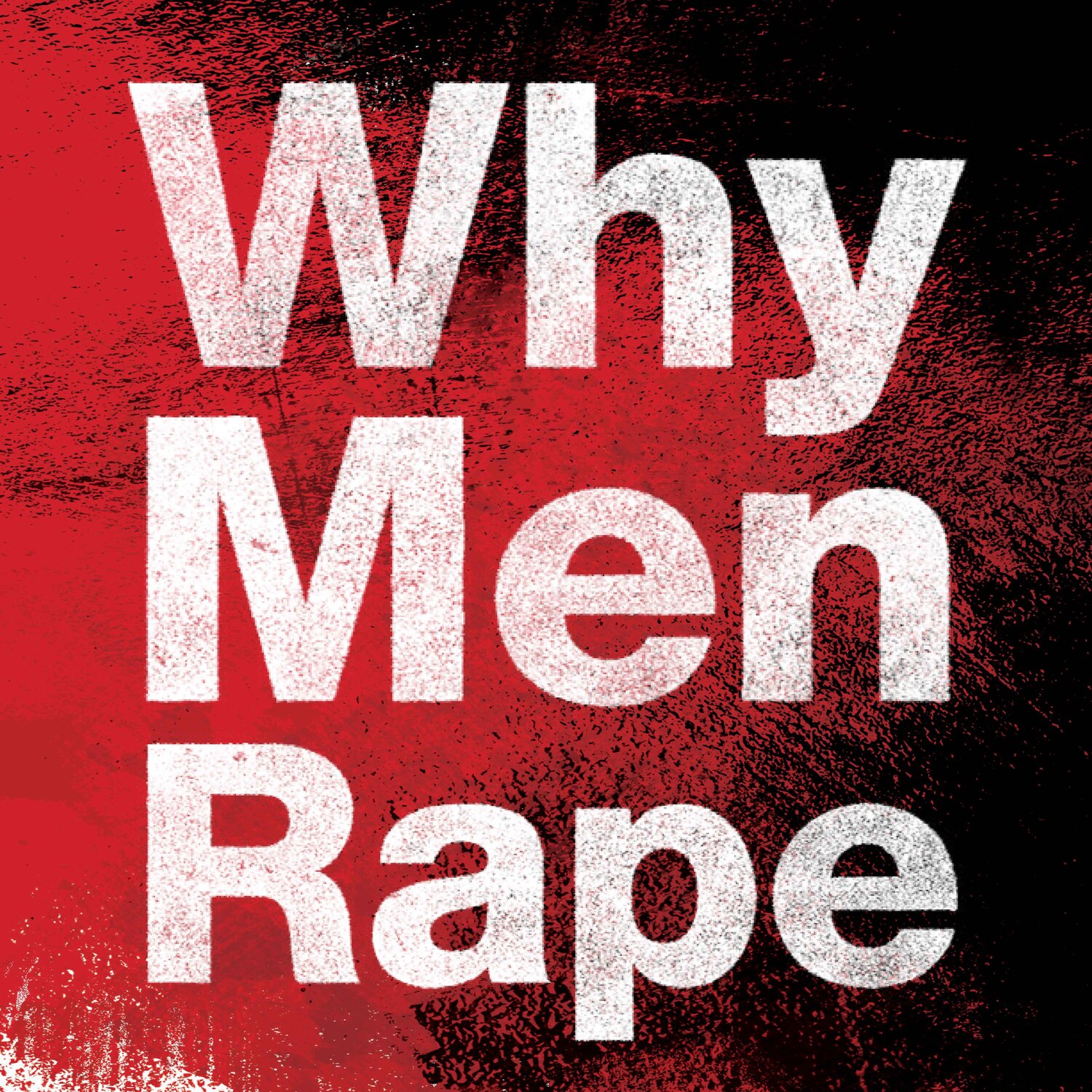Veere di performative feminism
by Sowmya BR
Three slim, conventionally-attractive women (the fourth is the token attractive-and-slightly-larger girl) drink, smoke, quarrel, dance, laugh, swear and discuss boys, marriage and relationships. Somewhere in there is the story of a hotly-anticipated film. Somewhere in there, unfortunately, are also the collective sighs of those of us who expected – oh I don’t know – a semblance of heft; an attempt at a real story about the power of female friendship. Somewhere in the just-released trailer of Veere Di Wedding lies – at least that’s what it seems at the moment – a wasted opportunity.
The good thing about the trailer is that it does not claim to be about the empowerment of women (unlike the hot mess that was Angry Indian Goddesses). The bad news though, is that from the trailer is seems that the power of the sisterhood is little more than an excuse to moon over boys while making token nods to empowerment.
Performative feminism : 1
Progress: 0
The leads seem to be little more than flimsy cutouts – one has eloped, another is getting a divorce, the third is in the midst negotiating an OTT wedding that conflicts with her desire for freedom (it would seem), and the fourth is yelling at her boyfriend for being a mama’s boy. All of them, boiled down to their relationships. With men. And they all look supremely good while doing all this, of course. Throw in gaalis (derogatory to women, just FYI) alcohol and cigarettes, and you have all the symbols of non-traditional, ‘modern’ women in Bollywood. Excuse us for thinking we were in 2018.
We’re thirsty for popular culture which does not erase – or worse – make archetypes out of women.
It is almost as thought the thought process behind it is was:
“Sir, how can we make this ladies-oriented?”
“The women like feminism, put in feminism.”
“So, alcohol, cigarettes and a plot which is driven entirely by the wedding of one of the characters?”
“Perfect!”
Honestly, this reminds me of a similar (and disappointing) web series called The Trip, about four women of whom one is about to marry. The Trip, like Veere Di Wedding, stars three conventionally-attractive, able-bodied women and one slightly plump token laughter challenge as a ‘group of girls who have been friends forever’. In fact, the Fat One in Veere Di Wedding is so much of a plot point as opposed to a character, she doesn’t even show up with the main cast when you google the film. Ekta Kapoor’s Balaji Telefilms, which produced the nuanced Lipstick Under My Burkha, seems to have made a commercial bargain by bringing us this star-studded turn. It is not, however, one must note, the first time Balaji has tried to turn women into plot points to sell empowerment (remember Balaji Alt’s Dev DD?). It really does break one’s heart, because Lipstick Under My Burkha was an empathetic, exciting portrayal of women and their sexualities, creating non-stereotypical characters based on age and religion, giving them flaws and real emotions.
In fact, just from the Veere Di Wedding trailer, it seems even Sonam Kapoor’s character in 2014’s Bewakoofiyaan was a far more nuanced portrayal of a non-traditional woman, at least up until the climax. She has a job, earns more than her boyfriend and goes on vacations which she pays for. She also supports her father and even chooses to leave the country for her dream job. Of course she comes running back for love, but at least there is some semblance of a character in there.
Veere Di Wedding also seems to reinforce casual sexist microaggressions. Take the jibes at male shopkeepers in saree shops – a regressive trope that makes fun of them for being ‘effeminate’ because they show sarees by draping them on their own bodies. This use of a man’s body to drive home what is obviously a hatred of femininity, goes against the very message that the film is ostensibly trying to sell. The industry needs to stop using femininity as the butt of jokes, and women on screen need to stop being made the agents of these jokes. Other gags includes a man with the Oedipus Complex who calls Sonam Kapoor ‘crazy’. What? It’s funny, right? Wrong.
It’s disappointing, especially since Rhea Kapoor set a heartening (and very feminist) precedent by waiting for marquee actor Kareena Kapoor Khan for a year after she announced her pregnancy, instead of dropping her (like Aishwarya Rai Bachchan was from Heroine in 2012) in a similar situation some years ago. That, and the fact that this very sexist industry is looking forward to a big-ticket film starring a real-life mother in the lead role, give us hope. But only just.
We are all for movies which revolve around women’s friendships and sisterhood, but they need to do little more than tick off saleable-at-the-box-office checkpoints. A good start would be to have them written by women for women and not by women for men. You know how most movies are made for men, and women movie-goers are incidental to the scheme, but it works out because everyone sees those movies because our worldview is male? To change that, we need to change the lens through which we view women on screen. We can have women with plotlines only when women are not the plotline themselves.
Hopefully, we’ll find something of that to celebrate when the movie releases. We live in hope.
